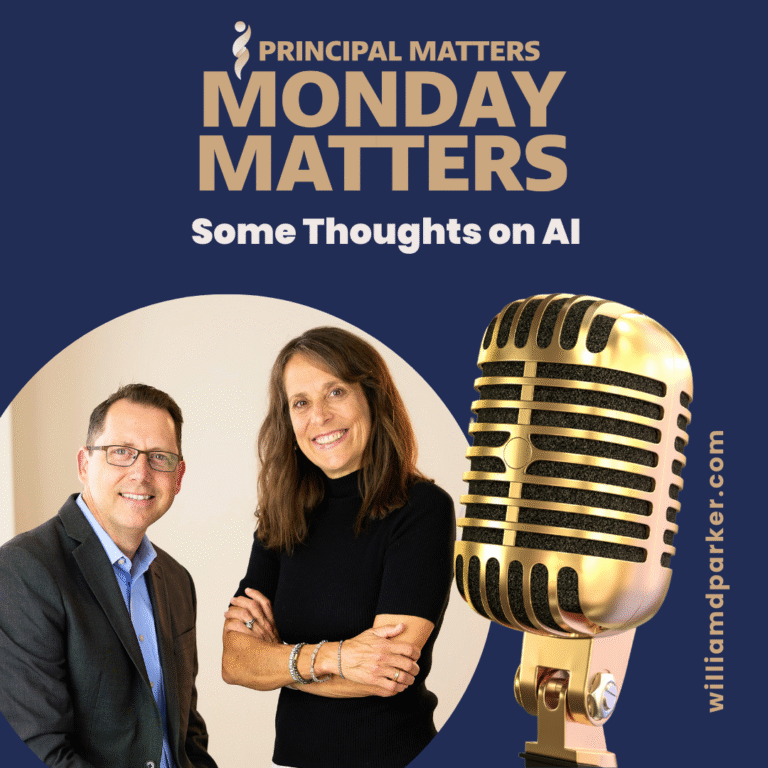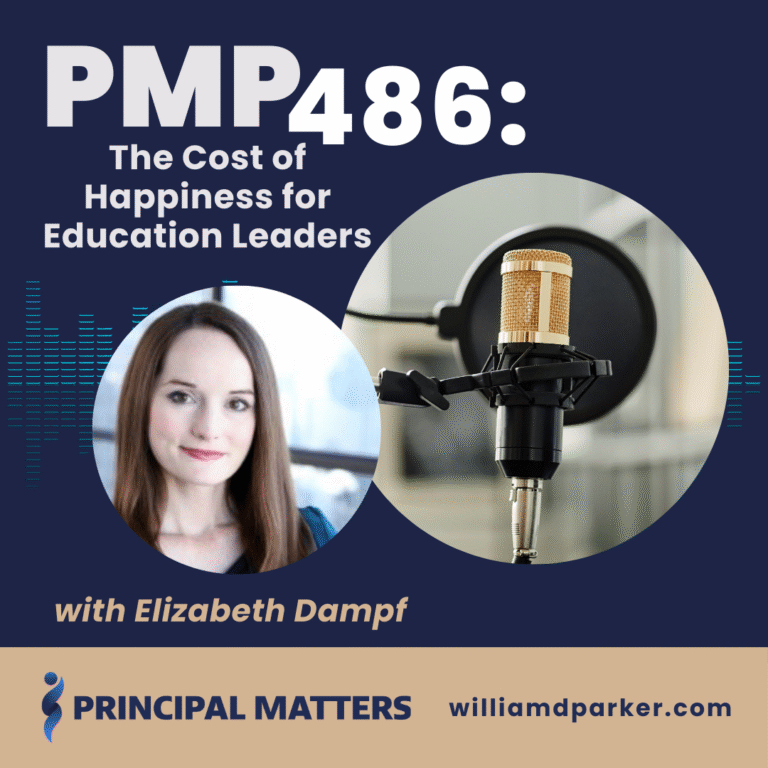Podcast: Play in new window | Download
In this week’s episode, Jen Schwanke and Will Parker discuss the difference between systems leadership and people leadership. Here’s a quick summary: Leaders need to understand both. As one of Jen’s advisors told her, “If there is no route for the bus, it doesn’t really matter what people are on it.”
In other words, we often are told in leadership that “it’s all about the people.” This is only true if we support those people with systems, processes, policies and accountability measures that work. A “people only” approach implies a meritocracy– that districts/principals who recruit a certain type of person will have a better organization. Unfortunately, then we spend too much time addressing how people perform and how they feel rather than addressing the complex system issues that affect their performance and their feelings
W. Edwards Deming’s 95/5 rule was an industrial workplace philosophy that taught 95% of our focus should be on systems, and 5% on people. In education, we know we are in the people business so that philosophy is an apples to apples comparison. We all know that people are much more impactful than 5% (take a toxic teacher who leaves, for instance, the positive effect that has on teacher and student morale). However, we need to pay attention to systems and not assume the right people would eliminate the problem
Systems take time to change—Sometimes years
Systems are so interconnected, too
So principals: If you have a big problem, look at the system AND the people.
Listen to the entire episode for takeaways on how the focus on systems may be applied to drop-offs, medical forms, purchase orders, substitute teachers, tardy/attendance procedures, and first-responder protocols.
Other resources mentioned:
Department of Defense Schools outcomes compared to public schools, especially for minority students. Although the factors vary in implications, one of the factors appears to be their commitments to stability and process in curriculum implementation as well as strong practices and procedures in school policies. See the following links to learn more: https://wallyboston.com/public-school-learning-outcomes-three-systems-with-different-results/#:~:text=Additionally%2C%20DoD%20schools%20had%20the,whose%20parents%20graduated%20from%20college AND https://www.gao.gov/products/gao-22-105058
Also, we reference research discussed on how one study shows a majority of teacher’s perceive their opinions not being valued by their leaders. You can hear that discussion in a previous episode, PMP372: The Power of Principal Mindfulness with Dr. Rob Russell and Dr. Dustin Miller.
Finally, we discuss the difference between strategic, operational, tactical leadership from interview with Colonel Brad Ruttman, episode 222.
Please let us know your thoughts, and thank you for doing what matters!




